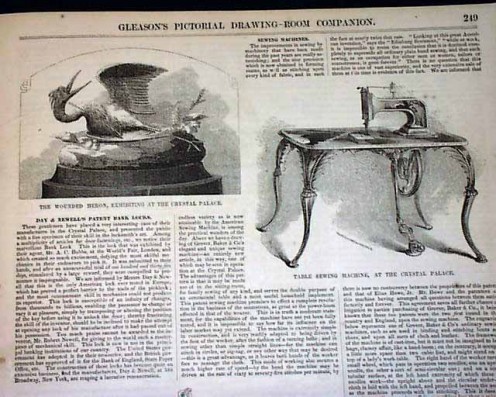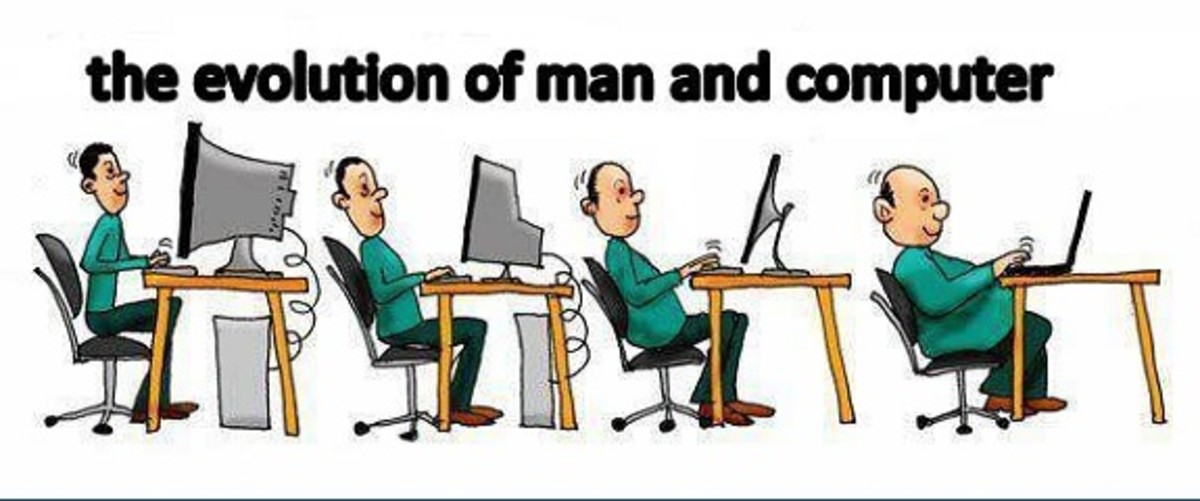The Relevance of E-books To A Lover of the Printed Page



Publishers are now going through the biggest revolution in publishing since the introduction of copperplate lithography. There’s Kindle, iPad, Kobo, and Nook readers, while Google Books relies on regular computers–each with their own advantages and limitations. Expensive reference books like encyclopedias and dictionaries are now available on DVDs that allow for video, graphics, and indexing that’s impossible to offer with ink and paper. Libraries can be amassed in cloud storage instead of dusty stacks or transported on laptops much smaller than a coffee-table book. Self-publishing has quickly moved into the realm where an author’s work never even gets printed, yet can be read by millions of people.
I grew up and graduated from college in an era before personal computers. In the early 1980s I acquired an Apple computer and its word processing program immediately made my IBM Selectric typewriter obsolete. My date storage progressed from 5.25-inch floppy disks holding 128k of storage (double-density) to dual hard-drives with the impossible combined capacity of 10 megabytes storage! Meanwhile, my library of real books continued to grow.
Many of my books were extremely specialized, treatises on gemstones, lavishly illustrated volumes of historical jewelry work, and long out-of-print horology works. Others were correspondence courses, product releases, auction catalogs, and dozens of current subscriptions to art and trade journals. There was no other option if you wanted to learn. Even then it was understood that some highly specialized books were so expensive to produce for such a restricted audience that there would never be a second printing. Fried’s “Repairing Quartz Watches;” and “Marion: A History of The United States Watch Company” by William Muir and Bernard Kraus are both definitive works printed as limited editions of less than 2,000. E. J. Gübelin and J.I. Koivula’s “Photoatlas of Inclusion in Gemstones” was a frightfully expensive $175 tome when I purchased it new, but Kurt Nassau’s classic “The Physics and Chemistry of Color” cost me $75 and five years of searching to obtain a copy of a book published only seven years previously in 1983. A person becomes personally involved with a book that requires a week’s wages or five years of searching to obtain. Such knowledge sought and acquired is not treated lightly and they remain as cherished possessions and invaluable reference works on the massive bookcases only a couple of steps away from my computer.
For the last decade my profession has been that of author and freelance writer. The creation of books and articles has only expanded my physical library and while my ragged collection of patent records, gazetteers, and registers from the first half of the 19th century isn’t pretty they hold information that I just can’t obtain online. However, I must admit to acquiring almost all of these through Ebay and specialized websites. I have boxes of photocopies taken of business ledgers, correspondence, and transcribed court cases that have been sitting in the vaults of town clerk offices and county courts for the last century and a half. I also have photos—prints, slides, and digital--taken of documents, newspapers, and artifacts. Almost all of this has never been published and most of it has never been researched.
The Internet perpetuates all the information fed into it, accurate or not. Researchers go online, sometimes tracking references backwards to locate the original entry, sometimes not. There is almost never any cross checking of the initial source material. In the process history becomes distorted by these inaccuracies. I’m sure this relates to more than history, but in this field I’m painful aware of how bad the situation really is. At a time when information is becoming the currency of the world I’m discovering counterfeit coins being passed unwittingly from hand to hand without thought or concern as to their authenticity. Which is why those ratty old records, gazetteers, registers, lithographs, and my modern photocopies are piled high and stack so deep in an office where the central station is my computer, terabytes of storage, and a broad-band to the world.
I’ve begun to amass a new library, stored in the ether of cyberspace. Ironically it is for volumes of work that I haven’t been able to track down in museums and the special collections of libraries. Scanned copies of American Mechanics Magazine (c. 1825) and John Fitch’s “Millwrights and Miller’s Guide” (c.1795) are providing me with the original printings of historical material coupled with the convenience of a computer’s capacity for word searches. It’s a revolution that has been lost in the controversy over whether the issuing of e-books will supplant that of conventional publishing for popular novels, biographies, and reference works.
My old floppies are inaccessible, my computers no longer have parallel ports to connect to my zip drives, and my DVD players won’t read my CDs. My slide scanner is no longer compatible with my updated software and I now use three different types of flash cards, each successive one smaller than the last -- at least I have a reader that accepts all sizes. Who knows what future wind will blow my cloud-stored data over the horizon? Yet from experience I do know of one storage method that will survive for centuries and will always be readily accessible: just open a good old-fashion book.





